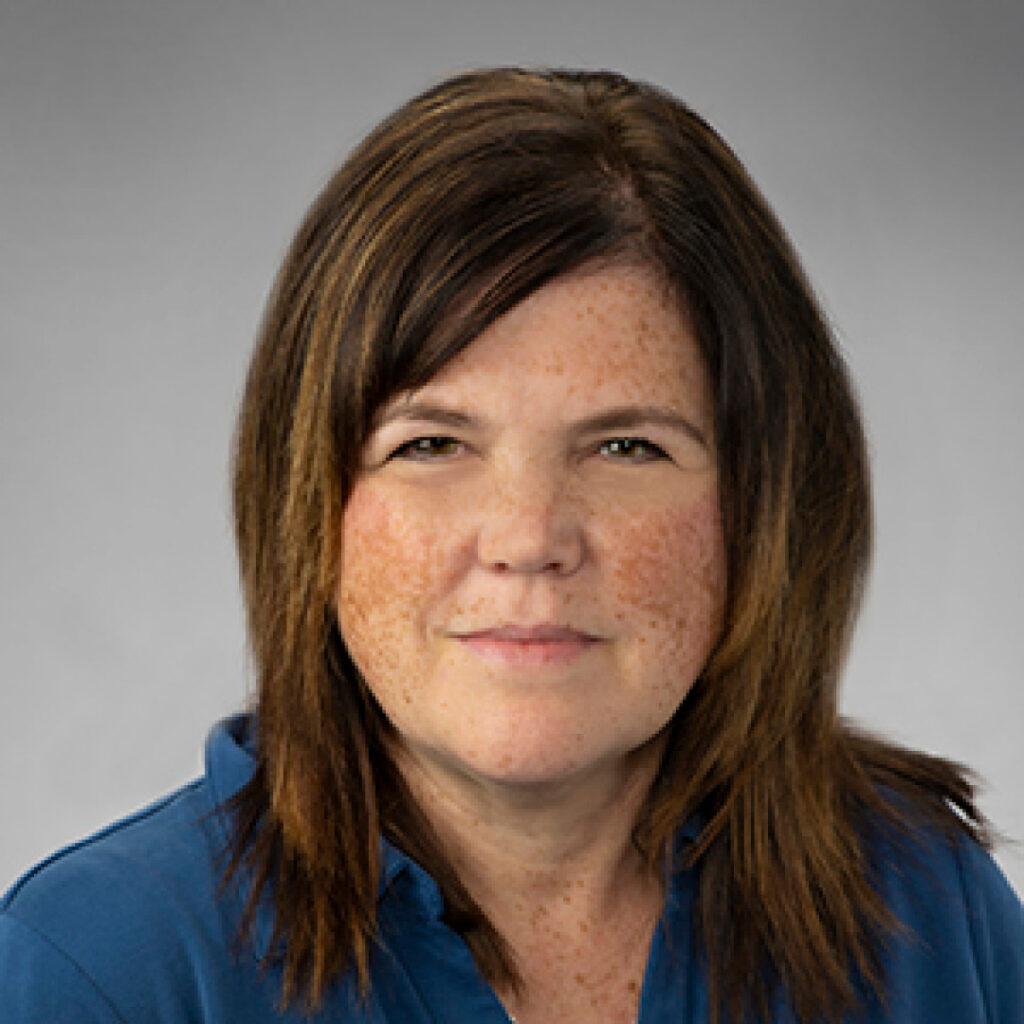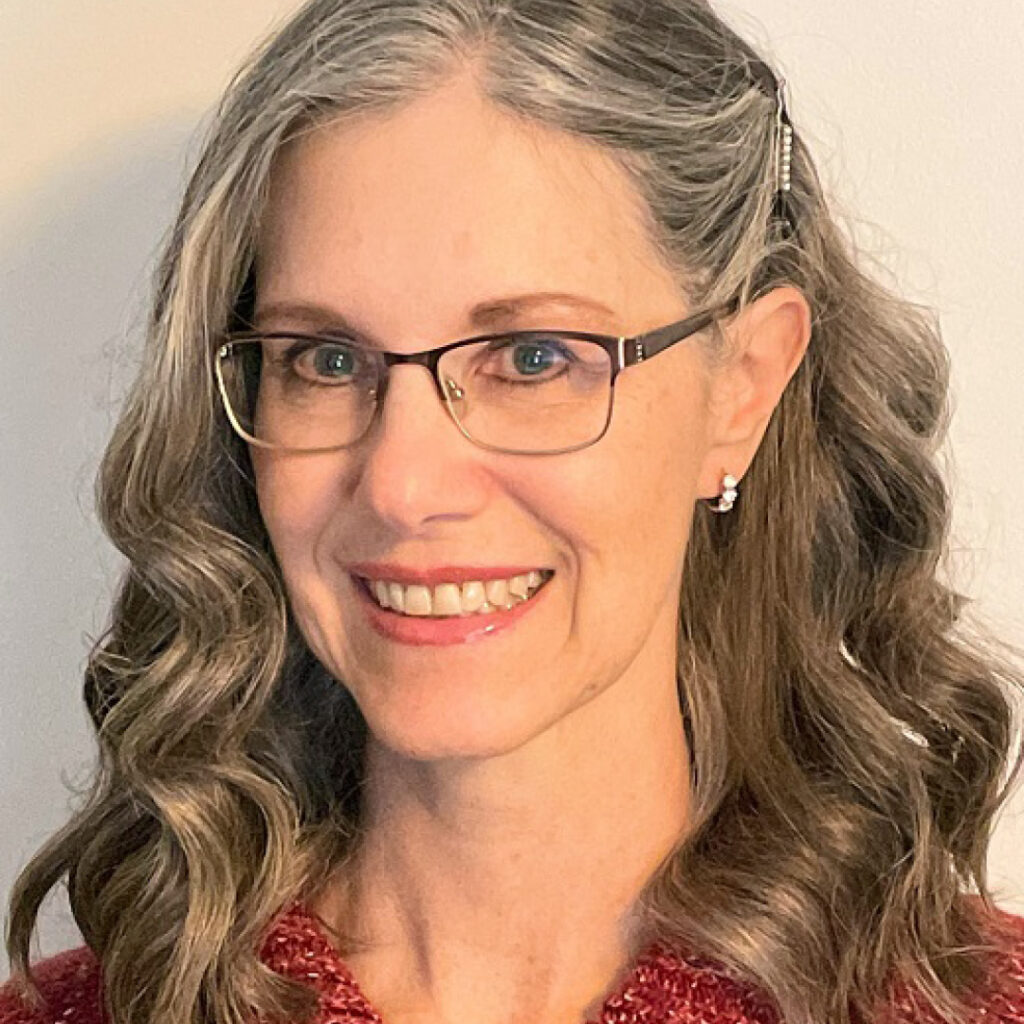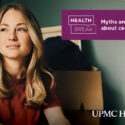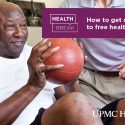Health Break: Prenatal to postpartum: How to care for your body and mind
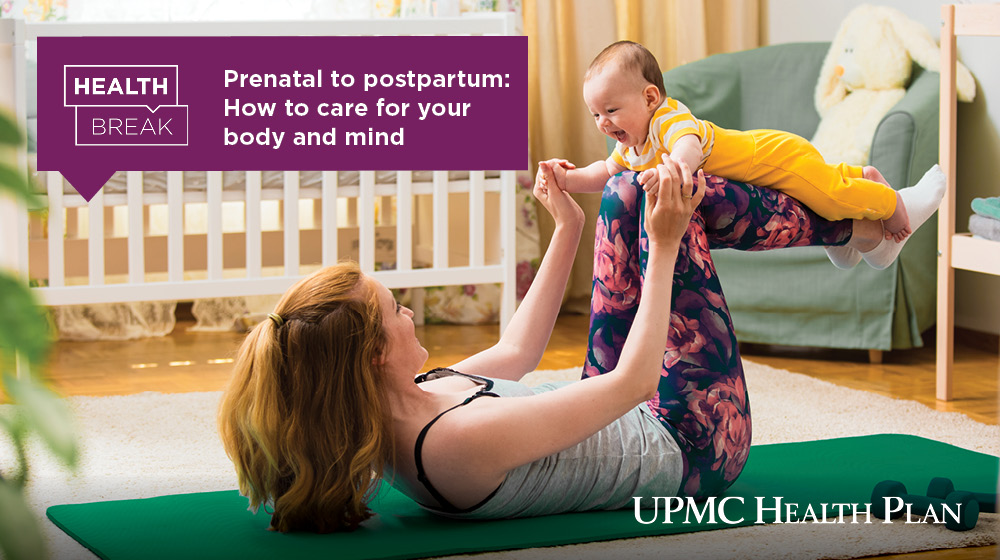
A podcast for UPMC Health Plan members, Health Break is your quick guide to caring for your mental and physical health, prioritizing wellness, and making the most of your health insurance plan.
Episode 38: Take a Health Break with Laura and Robin
Laura and Robin take a Health Break to explain ways to care for body and mind before and after giving birth.
Episode transcript:
Camille: Welcome to Health Break by UPMC Health Plan, your quick guide to health, wellness, and how to make the most of your health insurance plan. I’m your host, Dr. Camille Clarke-Smith. I help to oversee the quality of the plans and programs we offer at UPMC Health Plan.
Angelo: And I’m your co-host, Angelo Bartic. I’m a health coach who works with our members on making healthy lifestyle habits and setting goals. This is your…Health Break.
Camille: On today’s Health Break, we have with us Laura Kelsch and Robin Bernens. Thank you, Laura and Robin, for joining us today on today’s Health Break.
Laura: Thanks for having us.
Robin: Yes, thank you.
Camille: Laura, could you start by defining prenatal care and what it includes?
Laura: Sure. Simply put, prenatal care is the care you receive from either a physician, a midwife, any provider who provides OB care when you’re pregnant. It includes monthly appointments, it includes screenings, preventative care, just to ensure a healthy mother and baby.
Robin: There’s so many reasons why that prenatal care is important, right, Laura?
Laura: Sure.
Robin: By going to those appointments, you have a better chance of avoiding pregnancy surprises or emergencies. It also makes early identification of any possible health issues or challenges for you or the baby. So what you’ll do at your first prenatal appointment, you’ll receive practical information about giving your baby a healthy start in life. You’ll also have ongoing physical assessments for you and the baby, as well as psychological assessments, and that’s due to the hormonal changes that you’ll experience throughout your pregnancy and postpartum. So as a result, perinatal or postpartum depression can become an issue for some women. So for all those reasons, as soon as you think you’re pregnant, schedule your first prenatal appointment.
Camille: We often think about a pregnancy as three trimesters, but could you talk a little bit about the fourth trimester, that immediate postpartum period and the care that’s needed during that time frame?
Robin: The fourth trimester is the postpartum period, which is the immediate 12 weeks after delivery of the baby. This period is just as important to the mother’s health as those first three trimesters, but yet we find it’s a time when moms have the least interaction with their health care team, but they really need it the most at that point. So this postpartum period is a time of such great change. You have your newborn, they’re adjusting to being outside the womb, and they can be very demanding during this time. And then you have the new mom who’s going through such a huge physical recovery as well as dealing with a lot emotionally and adjusting to her new life as either a new mom or a mother of multiple children.
Laura: Robin, you’re so right about that. During that fourth trimester, mom and baby are monitored for physical and mental health changes. Some key physical health areas that are monitored include infection, hemorrhage, pulmonary embolism, and high blood pressure and stroke symptoms.
Some key mental health areas that are monitored during this time include baby blues, postpartum depression, and postpartum psychosis. And this is something that is very important to be aware of. Baby blues include feelings of sadness that you might have in the first few days after having a baby, and they are very normal. If those symptoms of baby blues don’t go away, however, you might be experiencing postpartum depression. Baby blues usually do go away after about two weeks as the new mom adapts to changes. But postpartum depression can last years if it’s not treated. The most important thing to remember about this is that it is okay to have these feelings. It’s never an easy experience, but it can be hard when the new mom feels guilty for feeling sad when she should be happy about her new baby. It’s really important at this time to reach out for help. Talk to your doctor, talk to your health coach, there are so many resources available to new moms who are experiencing this. And finally, postpartum psychosis is a serious mental illness that should be treated as an emergency. These symptoms often appear suddenly and include hallucinations, mood swings, and behavior changes. If this does occur, you really want to go to the ER. It is an emergency.
Finally, in addition to the mom, the baby is also monitored closely at this time by the pediatrician and some things monitored might include newborn assessments, milestones, vaccinations, and weight checks.
Camille: Thanks Laura for shedding light on the aspects of mental health in the postpartum period. So I have a question for you, Robin. Can you share what resources are available through UPMC Health Plan for people who are pregnant or who are planning to become pregnant?
Robin: Sure! All UPMC Health Plan members have access to our maternity program called Baby Steps, which is free to our members. It’s where we connect our pregnant members to one of our maternity health coaches who themselves are experienced maternity nurses. Now these coaches, they work with our members throughout their pregnancy and beyond, and their goal is to help moms have the healthiest experience possible before, during, and after the pregnancy.
Laura: Right. You can talk to your Baby Steps health coach about your questions and concerns as much as you want. Your coach listens and supports you. They provide answers, tips, and resources while they assess your needs and educate you on any potential risk factors.
Robin: Now, these visits can take place in a variety of form. They can be by phone, face-to-face, or even virtually through an app we have called UPMC AnywhereCare. So it’s really nice to have these multiple options and all that flexibility.
Laura: Some of the items that we do talk to our members about involve medications they take or might need to take, breastfeeding and how to be successful at that, how to create a birth plan. Your coach can also talk to you about healthy lifestyle changes like quitting smoking, becoming active, reducing stress, or how to manage chronic conditions such as gestational diabetes and high blood pressure. And like I said before, we do review the signs and symptoms of postpartum depression frequently. It’s so important if you have those signs to reach out for help. The health coach can help you refer to behavioral health services or programs throughout the pregnancy or postpartum.
Robin: As mentioned, the maternity coach will follow you during the postpartum period, and that time frame will be dependent on the mom and baby’s needs. If the new mom has ongoing questions about the baby and his or her care, we do have a pediatric care management team who will continue to follow the baby. And there’s so many more topics that the coach and expectant mother can discuss that we haven’t covered today, but it’s all tailored to what the members’ concerns or needs are. The bottom line is we are here for you, our expectant and new mothers and members who want to get pregnant.
Camille: Thank you Robin and Laura for visiting us on today’s Health Break.
Robin: Thanks so much.
Laura: Thanks.
Camille: Visit the show notes for more information about the Baby Steps maternity program and other resources for prenatal and postpartum care.
Find show notes and more information at upmchealthplan.com/podcast. Join us as we continue exploring health, wellness, and how to make the most of your health insurance plan in the next episode of Health Break.
This podcast is for informational and educational purposes. It is not medical care or advice. Individuals in need of medical care should consult their personal care provider. Views and opinions expressed by the hosts and guests are solely their own and do not necessarily reflect those of UPMC Health Plan and its employees.
Related to this episode:
About Laura Kelsch:
Laura Kelsch is a registered nurse in maternity who currently works as one of the care managers with UPMC Health Plan’s Baby Steps Program. She completed her education at the University of Pittsburgh, Duquesne University and UPMC Shadyside School of Nursing where she received her bachelor’s and master’s degrees in education as well as her degree in nursing. She has experience in all areas of obstetrical nursing but most recently, before coming to the Health Plan, she provided direct patient care at UPMC Magee-Womens Hospital and UPMC Mercy in labor and delivery, antepartum and postpartum nursing. She enjoys working as a maternity nurse health coach and loves providing education and helping those who are pregnant or who wish to become pregnant.
About Robin Bernens:
Robin Bernens has more than 11 years of experience working in the nursing field and over 9 specifically in the maternity specialty. Presently, she is a maternity care manager on the telephonic team at the UPMC Health Plan where she works with maternity members and their babies, assisting them throughout their pregnancy and postpartum with their physical and behavioral needs as well as with social determinants of health. Robin is passionate about improving the outcomes of mothers and babies while improving the mother’s social environment. Robin earned a bachelor’s degree in operations management from the Pennsylvania State University and an associate’s degree in nursing from Community College of Allegheny County. She is certified in maternal newborn care.
About Dr. Camille Clarke-Smith:

Camille Clarke-Smith, EdD, is a program director in the Quality Improvement, Medicare Stars Department at UPMC Health Plan, where she leads the Medicare Faith and Wellness Program, a 3- to 12-week health and wellness challenge. She is also the founder of the nonprofit Transforming the Health of African American Women (THAW) Inc. She earned a doctorate in health and physical activity education from the University of Pittsburgh in addition to a master’s in exercise science and a bachelor’s in psychology and sociology. She is currently pursuing her master’s degree in social work at Carlow University.

